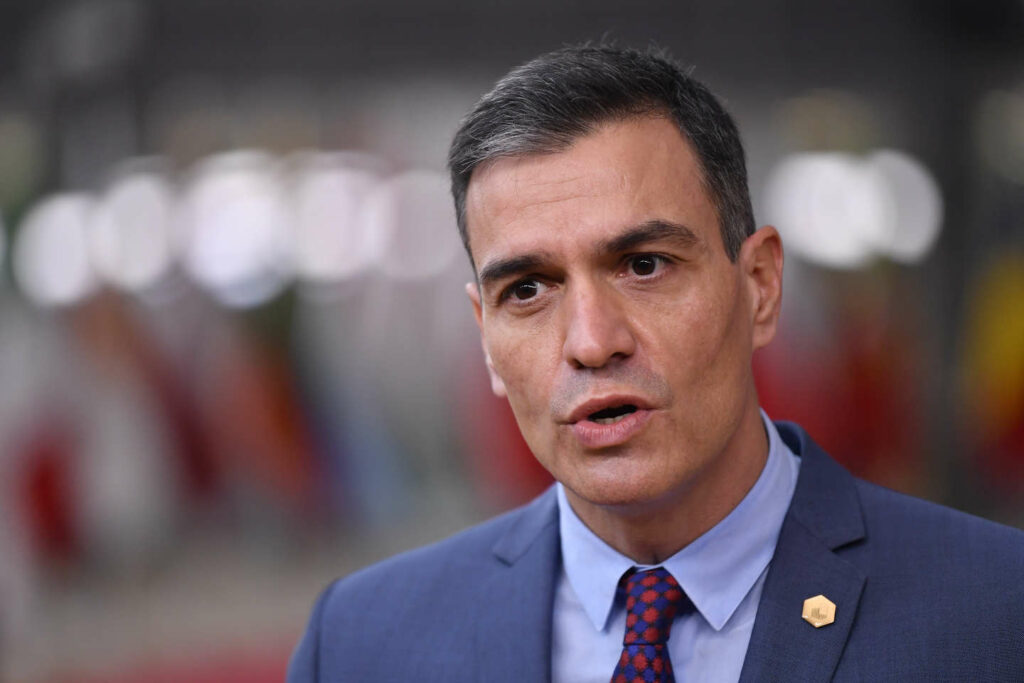Following a resounding spy scandal, the Spanish Prime Minister, Pedro Sanchez, announced, Thursday, May 26, a reform of the law governing the functioning of the intelligence services.
“It is a question of reinforcing the guarantees of this control [judiciaire]but also to ensure the maximum respect for the individual and political rights of people”declared the head of the left-wing government before the Chamber of Deputies.
Mr. Sanchez also announced the forthcoming adoption of a new law relating to “classified information”the current legislation dating from 1968, therefore from the time of the Franco dictatorship. « It is urgent that the regulations adapt to democratic, constitutional principles »insisted the Prime Minister.
“Preventing these security breaches from happening again”
The scandal, which cost the head of the National Intelligence Center (CNI), Paz Esteban, her job, broke out in April after it was revealed that the phones of Catalan separatists had been tapped by the Spanish intelligence services using the software Israeli spy Pegasus.
The Catalan separatists then threatened to withdraw their support in Parliament for the minority government of Mr. Sanchez, with the risk of causing his fall before the end of the legislature, scheduled for the end of 2023.
The case then took on another dimension when the government revealed that Mr. Sanchez and his defense minister, Margarita Robles, had themselves been spied on by this software, this time as part of a « external attack » whose author remains unknown to this day.
The reforms announced Thursday “will update the procedures (…) in order to prevent these security breaches from happening again in the future”said the Spanish Prime Minister. “Why do you come here to promise reinforced judicial control of the CNI when the person controlling the CNI is the head of government, so you? You cannot clear your government of everything that happened”launched Thursday in Parliament Gabriel Rufian, leader of the Catalan separatist party ERC.
Willingness to maintain dialogue
Mr. Sanchez also insisted on the need « increasing the capabilities of the Spanish intelligence services »particularly “in the face of attacks by hostile intelligence services”. In front of the deputies, the head of government once again defended the CNI by affirming that it had “always acted legally”.
He confirmed that eighteen Catalan separatists had indeed been wiretapped by the CNI but at times « hard » and « difficult » linked to the crisis in Catalonia (north-east) which was, in October 2017, the scene of an attempt at secession.
The separatists then organized a self-determination referendum despite its ban by the courts and unilaterally declared the region’s independence. The other separatists spied on « were by unknown actors, foreign to the Spanish administration »said Mr. Sanchez, reiterating his desire to maintain the dialogue with the Catalan separatists.

